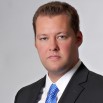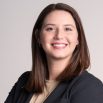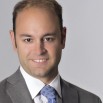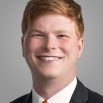May 12, 2021
Being Able to Practice the Invention is not the Same as Being Able to Practice the Full Scope of the Invention
In Pacific Biosciences of California, Inc. v. Oxford Nanopore Technologies, Inc., [2020-2155, 2020-2156] (May 11, 2021), the Federal Circuit affirmed the jury determination that U.S. Patent Nos. 9,546,400 and 9,772,323 were invalid under 35 U.S.C. § 112 for lack of enablement, and the denial of a new trial because of Oxford’s improper remarks during opening remarks.
The Federal Circuit said that there was ample evidence to support a finding that, before the priority date of the ’400 and ’323 patents, relevant artisans did not know how to perform the claimed method for more than a narrow range of the full scope of nucleic acids covered by the asserted claims. The Federal Circuit said that testimony that a person skilled in the art would be able to successfully perform the method of claim 1 might not have been understood by the jury that the full scope of the claim was enabled. The Federal Circuit said that the jury’s task was not to view one portion of the testimony in isolation, but to consider all the evidence, including any portion of the evidence that might clarify how to understand other portions.
Regarding the motion for a new trial, the Federal Circuit said a new trial based on improper remarks is proper if “the appellee made prejudicial remarks and it is ‘reasonably probable’ those prejudicial remarks influenced the jury’s verdict.”
The Federal Circuit found no abuse of discretion in the district court’s determination that the opening remarks were not sufficiently likely to have influenced the jury to create a miscarriage of justice. In particular, the Federal Circuit noted that PacBio did not object in advance when it learned about the content of Oxford’s opening remarks, and mentioned the same subject in its own remarks. Further, the Court gave the exact curative instruction that PacBio requested.

































